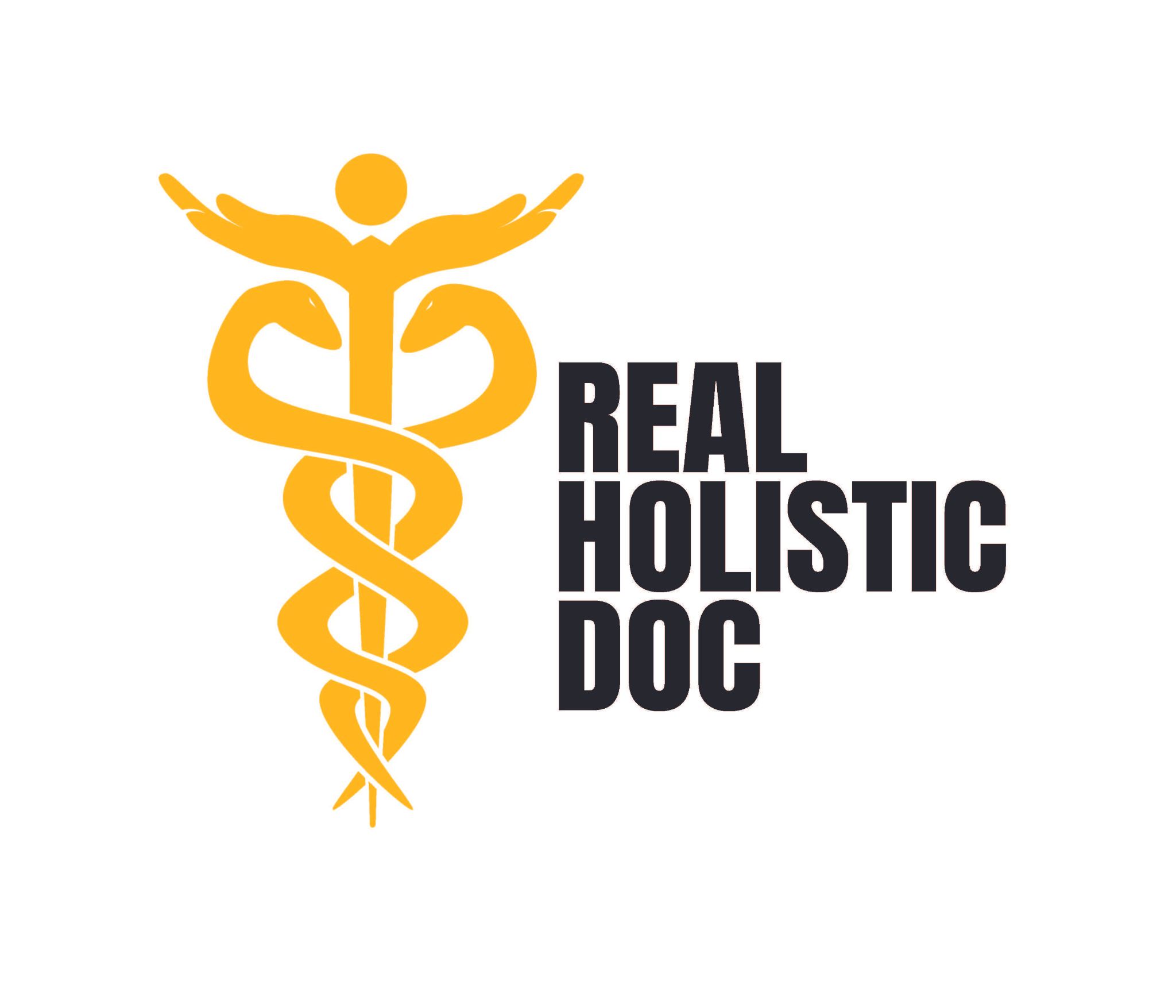Thanks to Dr. Gary Kohls for permission to reproduce this!
Preventive Psychiatry E-Newsletter # 118
SSRI-Induced Sexual Dysfunction: It May Be Permanent
May 4, 2004
By Anahad O’Conner
For most people taking antidepressants, the risk of a diminished sex drive may seem like a worthwhile sacrifice for the benefits from the drugs.
Up to 70 percent of patients on antidepressants report sexual side effects, yet the number of Americans who take the drugs has ballooned since Prozac was introduced in the late 1980’s. Last year, studies show, doctors in the United States wrote 213 million prescriptions for antidepressants.
But what if the sexual side effects of the drugs, often considered little more than a nuisance, had more serious consequences, impairing not only sexual desire in some
people, but also the ability to experience romance? The question, which experts are beginning to ask, was at the center of a talk this weekend at the annual meeting of the
American Psychiatric Association in New York. Dr. Helen E. Fisher, an anthropologist at Rutgers, presented findings that suggest, she says, that common antidepressants that tinker with serotonin levels in the brain can also disrupt neural circuits involved in romance and attachment.
“We know that there are real sexual problems associated with serotonin-enhancing medications,” said Dr. Fisher, author of “Why We Love: The Nature and Chemistry of
Romantic Love” (2004). “But when you cripple a person’s sexual desire and arousal, you’re also jeopardizing their ability to fall in love and to stay in love.”
Dr. Fisher and a colleague, Dr. Anderson J. Thomson Jr., have studied the brains of people in love and pored over research from the last 25 years on the neurological basis
of romance. Three brain systems, all interrelated, the researchers say, control lust, attraction and attachment. Each runs on a different set of chemicals. Lust is fueled by androgens and estrogens. Attachment is controlled by oxytocin and vasopressin. And attraction, they say, is driven by high levels of dopamine and norepinephrine, which can alter levels of serotonin. As a result, they say, serotonin systems disrupted because of SSRI antidepressants can cripple the sex drive but also can create an imbalance among the three systems.
Drs. Fisher and Thomson are submitting a scientific paper on the subject for publication this year.
“There are two lines of evidence on this,” Dr. Thomson, a psychiatrist at the University of Virginia, said. “The first is the well-documented frequency of sexual side effects. When you actually talk to patients who have diminished libido and you ask how it affects them, you discover that it has an enormous impact on their romantic lives.”
Often, the change is subtle. Drs. Fisher and Thomson point to case studies of people who gradually find their emotions blunted and their ability to see attractive features in others lost. The researchers also point to more extreme cases like people who say losing their sex drives caused romantic feelings toward longtime spouses to evaporate suddenly.
“Everyone is distinctly different,” Dr. Fisher said. “Some people are so securely attached that this isn’t going to change things for them. But people should be aware that these drugs dull the emotions, including the positive ones that are central components of romantic love.”
___________________________________________
(Ed note (4-19-09): SSRIs (“selective serotonin reuptake pump inhibitors”) are now known to deplete total brain serotonin long-term and cause a partial disappearance of serotonin receptor sites as well as serotonin reuptake pumps (AKA serotonin transporters). The SSRIs include Prozac, Paxil, Zoloft, Celexa, Lexapro and Luvox. It is not known if these synaptic anatomic alterations are permanent or temporary in humans.
Alarmingly, there are now thousands of ex-SSRI users who have been made permanently impotent or otherwise sexually dysfunctional (unable to achieve orgasm, get an erection or even feel romantic) because of their use of SSRIs, even after discontinuing their drugs!
In regards to the sexual dysfunction issue, there is a Wikipedia article on the subject that is well-researched, with a lot of scientific journal articles?on the permanence of the sexual dysfunction. It can be found at http://en.wikipedia.org/wiki/PSSD.
Whatever can cause impotence or decreased libido can also cause the “I don’t give a damn attitudes”, the lack of motivation or the numbing down of feelings common in users of the SSRIs,
There is a YouTube video that gives some pretty good advice on managing withdrawal symptoms with regard to the use of 5-HTP and Tyrosine and B vitamins. It can be seen at http://www.youtube.com/watch?v=gk3mNOy__aM&NR=1.
There is also a sobering testimonial from a person with permanent SSRI-induced sexual dysfunction (PSSD). He mentions a support group of 1300 others with the syndrome. The 1300 likely represents a tiny drop in a big bucket of people unaware of what happened to them. The video is at: http://www.youtube.com/watch?v=9-6pmsVOe3g.
It’s time for the medical profession to start warning their patients about this and then try to figure out what to do about it, although they will likely try to keep their blinders on as long a possible so as to claim ignorance.
?
